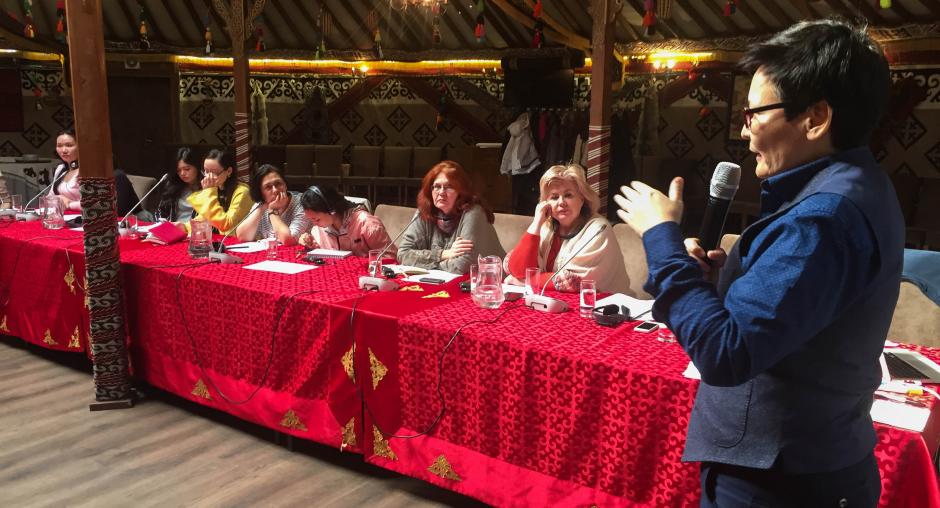OSCE/ODIHR workshops in Kyrgyzstan and Kazakhstan help strengthen civil society responses to hate crime

Strengthening the ability of civil society to identify and report hate crimes, and to better support the victims of these crimes, was at the centre of two training workshops organized by the OSCE Office for Democratic Institutions and Human Rights (ODIHR) this week in Bishkek and Almaty.
The training, the first of its kind organized by the OSCE/ODIHR in Kyrgyzstan and Kazakhstan, was held in co-operation with local NGOs and coalitions representing vulnerable communities and working on promoting tolerance and non-discrimination.
The event in Bishkek, on 26 and 27 February, brought together 15 civil society participants, including eight women and seven men. The workshop in Almaty, on 1 and 2 March, gathered 23 participants (19 women and four men). The workshops focused on helping participants develop practical skills in countering hate crime and on enabling them to cascade these skills to other civil society groups.
"Civil society groups are essential partners because they are often the first points of contact for victims of hate crimes,” said James Stockstill, ODIHR’s Civil Society Adviser. “With these workshops, we can help local NGOs reinforce their ability to monitor hate crimes, support victims and work with governments to improve responses to these crimes.”
“By helping organize and conduct this course in Almaty, I was able to improve my own training organization and facilitation skills,” said Gulzada Serzhan, a course trainer and feminist activist from Kazakhstan, who herself took part in an ODIHR train-the-trainer event at the end of last year. “I hope that this training helps us contribute to addressing hate crime in Kazakhstan more effectively.”
